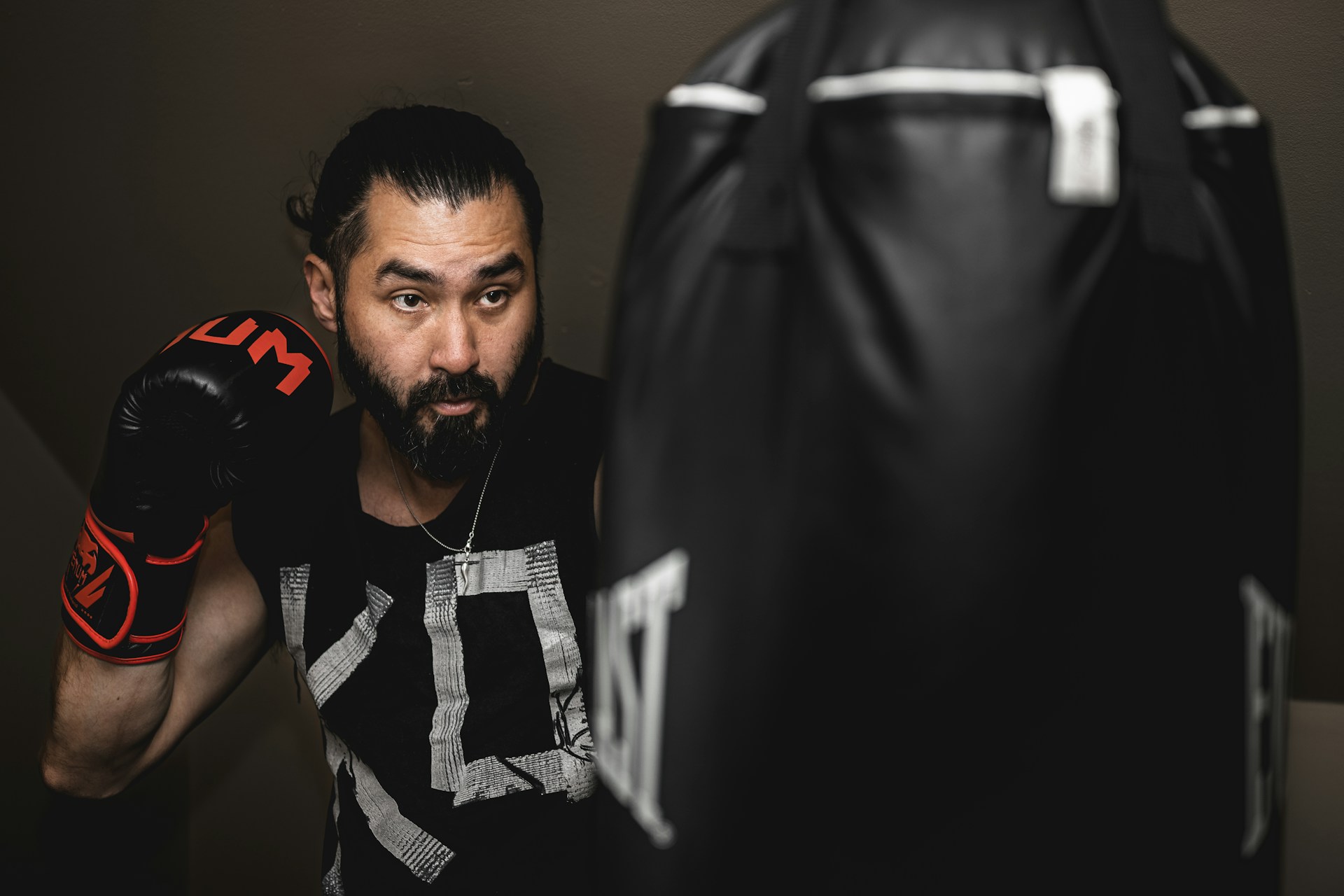How should UK combat sports trainers address the psychological impact of continuous losses?

In the world of combat sports, loss is an inevitable part of the journey. For many athletes, the experience of defeat can be a major blow to their self-confidence and mental health. As a trainer or coach, it's crucial to understand how to help athletes navigate through the psychological impact of continuous losses, and turn these setbacks into learning experiences that foster growth and resilience. This article will explore the different strategies and approaches that UK combat sports trainers can adopt to help their athletes cope with loss and improve their overall performance in the game.
Understanding the Impact of Loss
Before delving into the strategies that trainers can use to address the psychological impact of loss, it's important to first understand what this impact entails. Studies published on Google Scholar and PubMed reveal that continuous losses in competitive sports can potentially lead to a host of negative psychological effects including decreased self-esteem, increased anxiety, and even symptoms of depression.
Avez-vous vu cela : What are the best energy-boosting supplements for UK combat sports athletes?
A 2018 study in the Journal of Applied Sport Psychology found that athletes who had experienced a series of losses were more likely to exhibit symptoms of depression than those who had won or had mixed results. Similarly, a crossref-linked study from 2020 found that continuous defeat in MMA fights led to significantly increased levels of anxiety and stress.
These findings underscore the importance of addressing the psychological impact of loss in combat sports training. If left unaddressed, these mental health issues could hamper an athlete's performance and even mark an early end to their sports career.
A lire en complément : What are the top five agility drills for UK Taekwondo practitioners?
Implementing Mental Health Training
Recognising the psychological impact of continuous losses is one thing, but taking actionable steps to address it is another. One of the ways you can do this is by integrating mental health training into your regular sports training regimen.
A holistic training approach that covers both physical and mental aspects can help athletes develop the mental toughness needed to cope with defeat. This could involve techniques such as mindfulness training, cognitive behavioural therapy, and stress management exercises.
A PubMed study published in 2019 found that athletes who underwent mental health training showed a significant improvement in their ability to deal with defeat compared to a control group that only underwent physical training. They were more resilient, had better coping strategies, and exhibited lower levels of stress and anxiety.
Creating a Supportive Environment
Another vital step in addressing the psychological impact of continuous losses is creating a supportive and understanding environment for your athletes. This not only involves providing emotional support when they face defeat, but also fostering a healthy team culture that views loss not as a failure, but as a learning opportunity.
Research carried out on Google Scholar and Crossref suggests that athletes who feel supported by their coaches and peers are more likely to recover from a loss quickly and maintain high levels of motivation and engagement in their sport. This highlights the need for coaches to build strong relationships with their athletes, and to foster a team culture that supports the holistic development of each athlete.
Focusing on Process Rather Than Outcome
Lastly, it's worth noting that the way you frame competition and success can have a major impact on how your athletes perceive and cope with loss. Rather than focusing solely on the outcome of a match, it can be beneficial to shift the emphasis to the process and the effort put into training.
According to a Crossref-linked study, athletes who focused on mastering skills and improving their performance, rather than on winning or losing, were more resilient in the face of defeat. They were more likely to view loss as a chance to learn and improve, rather than as a failure.
By fostering a growth mindset in your athletes, you can help them see loss as part of their journey to becoming better athletes, rather than as an endpoint. This can significantly mitigate the negative psychological impact of continuous losses and improve their overall performance in the sport.
Tailoring Strategies to Individual Needs
While these strategies can be effective in helping athletes cope with continuous losses, it's important to bear in mind that each athlete is unique. What works for one may not work for another. As such, tailoring your strategies to the individual needs of each athlete can be a more effective approach.
A PubMed study suggests that trainers who use individualised psychological interventions to help athletes cope with loss are more successful at improving their athletes' mental health and performance. So, take the time to understand your athletes' specific needs, strengths, and weaknesses, and use this knowledge to develop a personalised approach to dealing with loss.
Emphasising the Role of Mental Toughness
Overcoming the psychological impact of continuous losses is a challenge that requires not just the right strategies, but also the development of a key trait in the athlete: mental toughness. This refers to an individual's resilience and ability to cope with pressure, stress and adversity. For combat sports athletes, it’s an essential component that aids in dealing with defeat and bouncing back stronger.
Mental toughness is not an inborn trait, but it can be cultivated through proper guidance and training. According to a study found on Google Scholar and Crossref, mental toughness in athletes can be enhanced by fostering a positive sporting environment, setting clear and achievable goals, and providing consistent performance feedback.
Moreover, weight loss and weight cutting, common practices in combat sports like mixed martial arts (MMA), can also take a toll on an athlete's mental health. A study published on PubMed Crossref highlights the need for trainers to educate athletes on safe weight-cutting practices and monitor their mental health during these periods. This forms an integral part of ensuring overall mental toughness in athletes.
Recognising the Role of Sport Psychology Services
In recent years, the field of sport psychology has gained recognition for its role in helping athletes handle psychological issues, including the impact of continuous losses. Sport psychology services, such as counselling and performance enhancement techniques, can provide athletes with the tools to cope with defeat and the associated stress.
The significant role of sport psychologists is highlighted in a study found on Google Scholar Crossref. The study shows that athletes who worked with sport psychologists exhibited a better ability to handle defeat and were less likely to show symptoms of depression and anxiety compared to those who did not.
Moreover, trainers can collaborate with sport psychologists to create individualised mental health programmes for athletes, taking into account factors such as body weight, physical condition, and the athlete's personal mental health history.
Conclusion
In conclusion, addressing the psychological impact of continuous losses in UK combat sports is a multifaceted task. It requires trainers to integrate mental health training into their regimen, create a supportive environment, focus on the process rather than just the outcome, and tailor strategies to individual needs.
Moreover, it's crucial to emphasise the development of mental toughness in athletes and recognise the valuable role of sport psychology services. Such comprehensive and holistic approach can help athletes better cope with losses, improve their performance, and ensure their long-term participation in the sport.
Indeed, as the old saying goes, "What doesn't kill us makes us stronger." With the right support and strategies, combat sports athletes can turn defeats into stepping stones, ultimately becoming more resilient and mentally strong competitors. In this way, even in the face of loss, they are always winning.
